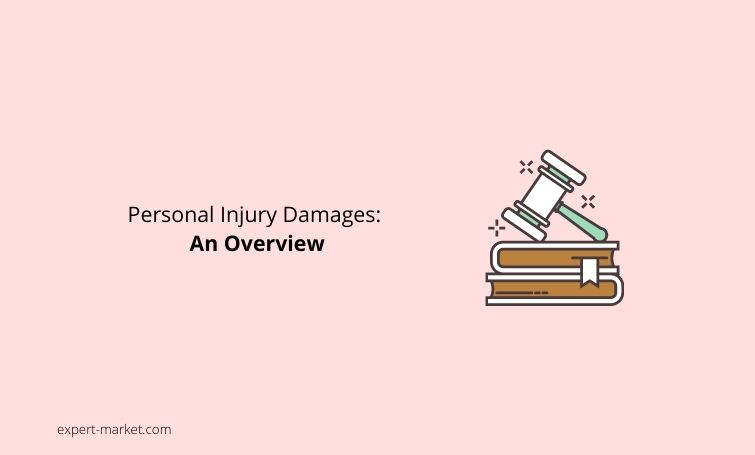The average amount of a personal injury compensation varies substantially. The worth of your case is determined by a variety of criteria unique to your situation, such as property damage, medical bills, lost pay, and more. However, many personal injury lawsuits result in far higher settlements.
The average personal injury compensation value ranges from $3,000 to $75,000. When utilizing an average personal injury settlement calculator to estimate how much you might be able to recover, be cautious. These figures are very dependent on your specific situation and are difficult to determine without the help of an expert.

In fact, the majority of situations lie somewhere between the extremes of average settlements. Some instances do settle for large amounts, but they usually involve extremely unusual conditions that include punitive damages or other severe losses.
If you feel your talks aren’t going as well as you’d like, you might want to speak with a personal injury lawyer. You can visit URL to know how a personal injury lawyer can help you secure a fair compensation.
Personal Injury Damages: An Overview
In an injury claim, you may be entitled to various sorts of compensation depending on the specifics of your case. General (non-economic) and particular (economic) losses are the two types of damages. Compensation for present and future medical expenditures, property damage, lost wages, diminished earning ability, or loss of future revenue are examples of special damages that are easy to calculate. Your case’s specific damages will be easy to forecast. General damages are significantly more difficult to quantify, and this is where calculating a claim’s estimated worth becomes tricky. In general, the more severe, significant, or long-lasting your injuries are, the larger your general damages settlement sum will be.
The Formula for Calculating Injury Damages
In most cases, when negotiating a personal injury settlement, the adjuster will not disclose to you what formula they used to evaluate your claim, if they used one at all. They are adhering to a basic negotiation rule: Do not reveal how or what you are thinking to the other side. Because the insurance adjusters aren’t going to tell you what formula they’re using, it’s generally best not to tell them what you’re thinking. Instead, you’ll just haggle over the entire settlement sum. One is that the value obtained by multiplying special damages is merely a beginning point for determining the amount of a settlement.
Other details concerning the collision and your injuries come into play once you’ve reached this beginning point. The second point is that, because the initial formula can be anywhere from one-and-a-half to five times special (and perhaps even more if a greater multiplier is required), it can generate wildly different results depending on which end of the multiplier spectrum your claim is applied to.
There isn’t a Formula for Calculating Value
The more evidence of diagnosis and treatment you have, the more likely your settlement will be, especially if you have soft tissue injuries that are difficult to prove through medical records. Where opposed to cases where liability is uncertain or shared, or when you delayed getting treatment, cases where liability is obvious and you seek immediate medical attention can improve the value of the case. Your settlement payment will be reduced by comparative negligence if you are determined to be even somewhat at fault for the accident. Your lawyer will fight for you to get a reasonable compensation that takes into account your medical bills, lost wages, disability, pain and suffering, and other damages.



























